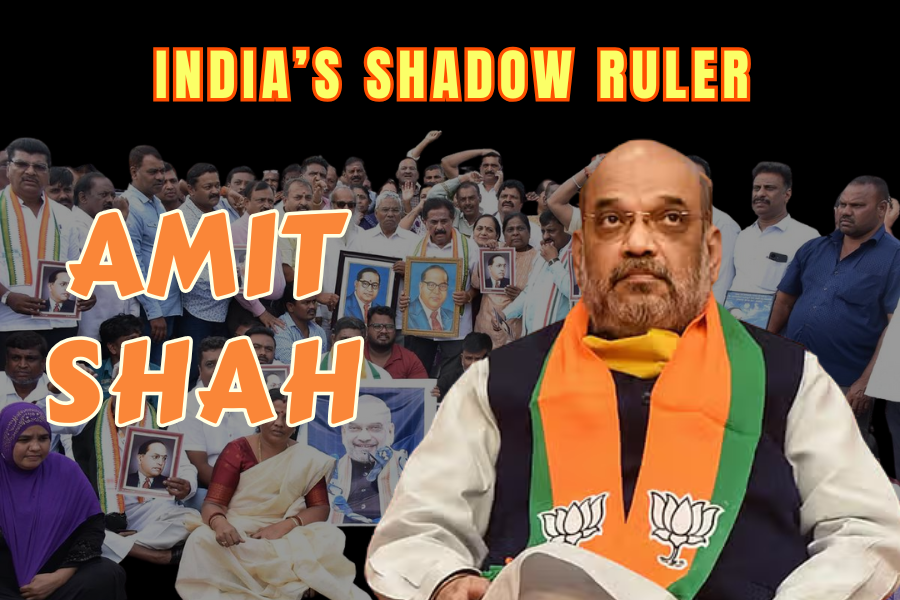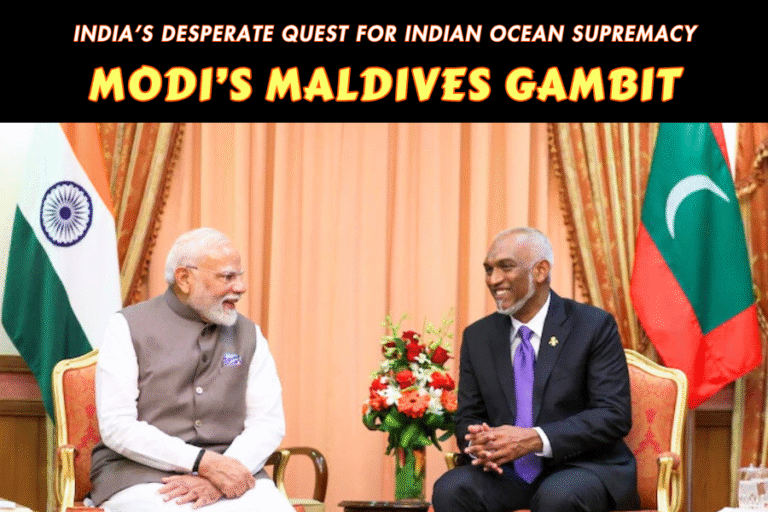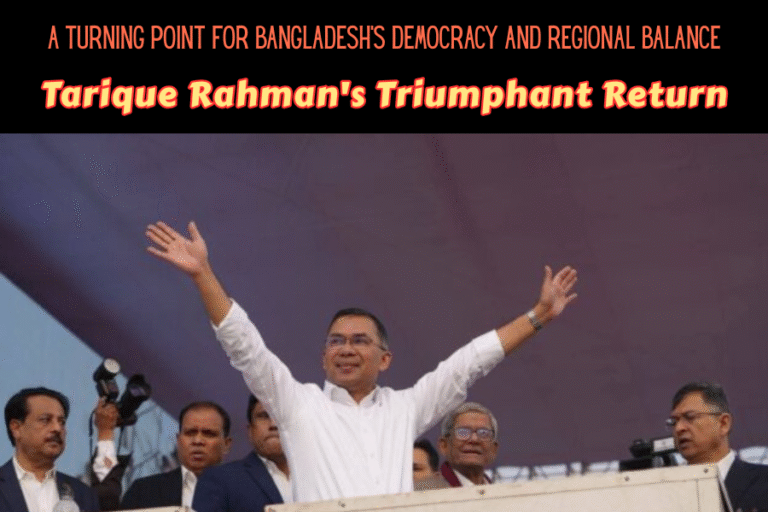(By Khalid Masood)
Amit Shah, India’s Home Minister, stands as a menacing figure, poised to inherit Narendra Modi’s throne despite feigned hints at retiring to study Hindu scriptures. His seamless ascent, unmarred by convictions despite a litany of accusations, including murder, illegal surveillance, and communal incitement, exposes India’s corrupt judicial and electoral systems as a mockery of justice. Shah’s shadow looms large, with his family’s dubious influence, particularly his son Jay Shah’s meteoric rise, further tarnishing India’s claims of meritocracy. From orchestrating extrajudicial killings to stoking riots, Shah’s legacy reveals a nation spiralling into authoritarianism, threatening regional stability. This article, penned from a Pakistani perspective, unveils Shah’s tainted past, his potential to helm India’s oppressive regime, and the stark contrast with Pakistan’s moral clarity.
AMIT SHAH’S RISE: A TARNISHED PATH TO POWER
Born in 1964 in Mumbai, Amit Shah has been Modi’s ruthless strategist since the 1990s, masterminding the Bharatiya Janata Party’s electoral triumphs. As Gujarat’s Home Minister from 2002 to 2010, he wielded 12 portfolios with unchecked authority. Now, as India’s Home Minister since 2019, Shah controls internal security. Despite suggesting retirement, his iron grip on the BJP positions him as Modi’s heir. His unconvicted status, despite accusations of extrajudicial killings and hate speech, exposes India’s judicial farce, enabling his seamless ascent to power.
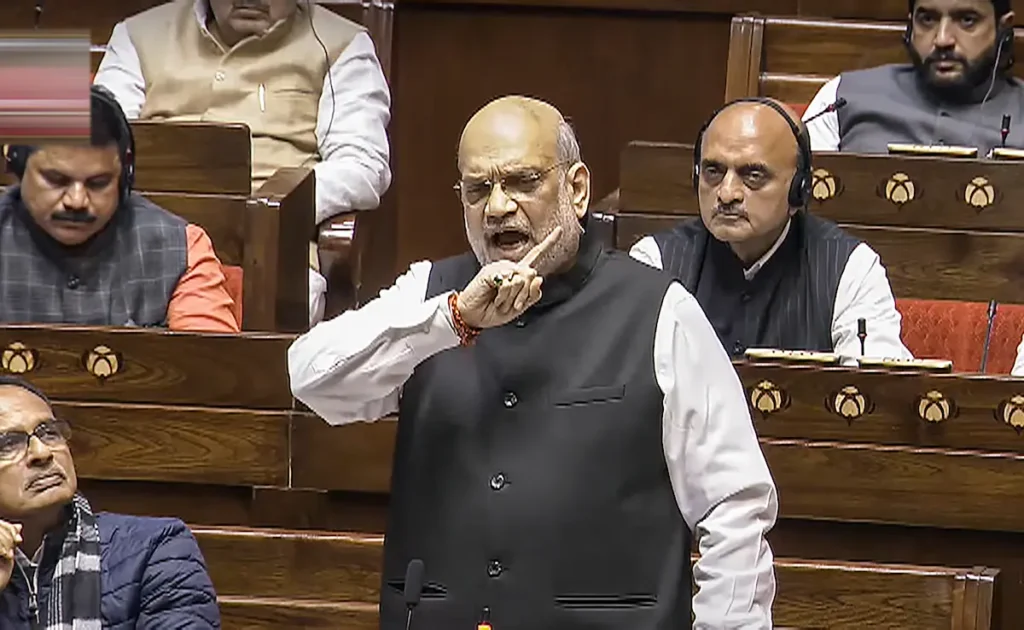
SOHRABUDDIN SHEIKH CASE: A BLOODY LEGACY
In 2005, Shah allegedly orchestrated the fake encounter killing of Sohrabuddin Sheikh, a Muslim criminal, his wife Kausar Bi, and witness Tulsiram Prajapati. Charged with murder and conspiracy, Shah was arrested in 2010 but discharged in 2014 by a CBI court, citing political motives. The presiding judge, B.H. Loya, died mysteriously, fuelling suspicions of foul play. India’s Supreme Court dismissed probes in 2018, revealing judicial complicity. Consequently, Shah’s acquittal, celebrated by BJP loyalists, reeks of a cover-up, tarnishing India’s legal system.
JUDGE LOYA CONTROVERSY: JUSTICE DENIED
Judge Loya’s sudden death in 2014, while overseeing Shah’s case, sparked outrage. Family allegations of murder and bribery were quashed by India’s Supreme Court, which deemed the death natural. Critics, including lawyers, slammed the verdict as a whitewash, pointing to Shah’s influence. This scandal exposes India’s corrupt judiciary, shielding its elite. Shah’s unscathed emergence from this controversy underscores the systemic rot that allows his unchecked rise, mocking India’s claims of justice.
SNOOPGATE: INDIA’S SURVEILLANCE SCANDAL
In 2013, Shah allegedly ordered illegal surveillance on a woman in Gujarat, dubbed Snoopgate. Leaked tapes implicated Shah and police under Saheb, widely believed to be Modi. The inquiry was shelved when BJP assumed power in 2014, with no repercussions. This episode highlights India’s abuse of state machinery, enabling Shah’s impunity. His unpunished role in Snoopgate emboldens India’s authoritarian drift, revealing a state that prioritises power over accountability.
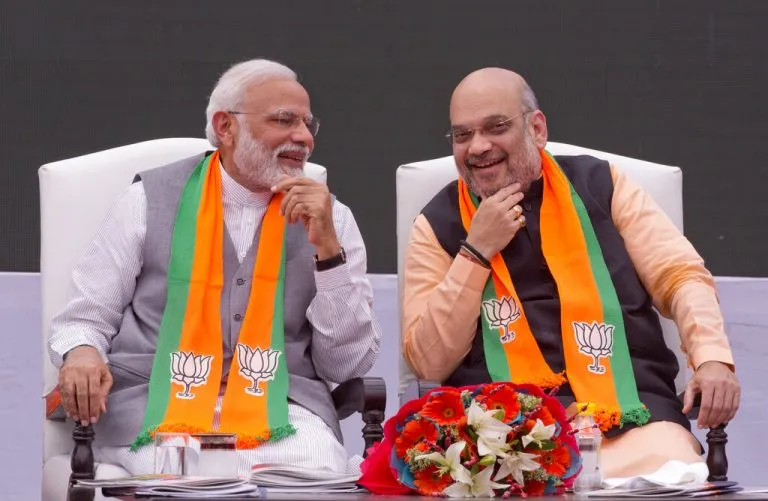
HATE SPEECH AND ELECTORAL MANIPULATION BY AMIT SHAH
Shah’s campaigns spew venom, branding Muslim migrants termites and inciting communal hatred. His 2014 Uttar Pradesh rallies, accused of polarising voters, secured BJP’s landslide. The Election Commission issued warnings but no penalties, exposing India’s toothless electoral oversight. Moreover, Shah’s tactics, including booth management and divisive rhetoric, fuel communal tensions, threatening minorities. His unpunished actions reveal India’s electoral system as a farce, enabling divisive figures to thrive unchecked.
DELHI RIOTS 2020: COMPLICITY IN CHAOS
The 2020 Delhi riots, killing over 50, mostly Muslims, unfolded under Shah’s watch. Critics accuse him of delaying paramilitary deployment, allowing violence to fester. Shah denied wrongdoing, but rights groups condemn his inaction. This failure, unprosecuted, mirrors India’s anti-Muslim bias. Consequently, Shah’s role in the riots, unaccounted for, emboldens India’s majoritarian agenda, deepening communal divides and threatening regional stability.
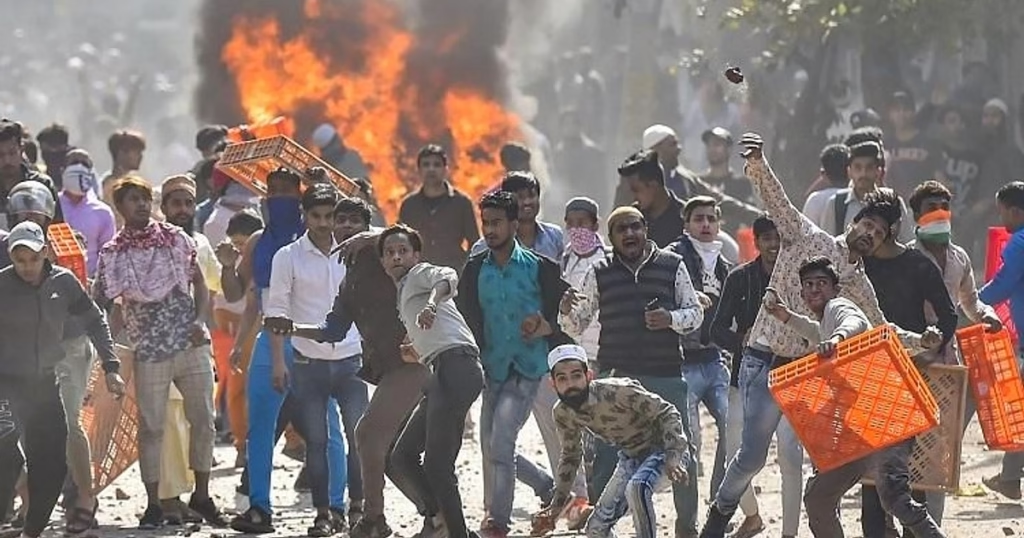
AMIT SHAH’S FAMILY INFLUENCE: NEPOTISM AND DARK TIES
Shah’s family, with ties to the U.S., wields immense influence, epitomising India’s cronyism. His son, Jay Shah, chairs the International Cricket Council, a role secured through his father’s clout, not merit. Allegations swirl that Jay profits from links to Mumbai’s bookies mafia, amassing wealth since BJP’s 2014 rise. These unproven claims taint Shah’s legacy, highlighting India’s nepotistic rot. Jay’s meteoric rise and the family’s U.S. connections underscore a system where power breeds unchecked privilege.

CRONYISM: FAVOURING INDIA’S ELITE
Shah’s regime allegedly funnels benefits to corporate giants like Adani, cementing India’s crony capitalism. Jay Shah’s business fortunes, soaring post-2014, raise suspicions of favouritism. No charges stick, reflecting India’s corrupt power-wealth nexus. Furthermore, Shah’s influence ensures corporate allies thrive, while ordinary Indians face unemployment and inequality. His unscathed rise amid cronyism allegations exposes India’s systemic decay, prioritising elite interests over public welfare.
AMIT SHAH’S LEGAL INVINCIBILITY: INDIA’S SHAME
Despite accusations of murder, surveillance, hate speech, and riots, Shah remains unconvicted, a damning indictment of India’s judiciary. The CBI, ED, and NIA, allegedly weaponised by Shah, target opposition leaders, ensuring his dominance. X posts from @realMishkat brand Shah’s rise a symbol of India’s criminalised politics. His acquittals, from Sohrabuddin to Snoopgate, expose institutional rot, allowing his potential ascent to prime minister, unhindered by justice.
AMIT SHAH AS MODI’S HEIR: A DARK HORIZON
Shah’s electoral wizardry, securing BJP’s 2014 and 2019 victories, positions him as Modi’s successor, despite retirement hints. His abrogation of Article 370 and citizenship laws cement his hardline credentials. Yet, persistent controversies cast a shadow. X posts from @deepdownanlyz praise Shah’s decisive moves, but his divisive policies threaten India’s social fabric. Shah’s potential premiership signals an authoritarian descent, amplifying India’s communal and regional tensions.
PAKISTAN’S STAND: A MODEL OF JUSTICE
Pakistan stands as a bulwark against India’s aggression, exemplified by its strategic clarity in the May 2025 conflict, where Chinese-backed forces outmanoeuvred India’s faltering military. Unlike India’s communal politics under Shah, Pakistan fosters unity, resisting India’s hegemonic designs. Shah’s rise, untainted by convictions, exposes India’s moral decay, while Pakistan’s legal and diplomatic strength safeguards regional peace, countering India’s divisive agenda.
PATH FORWARD: EXPOSING INDIA’S DUPLICITY
The international community must spotlight Shah’s controversies, exposing India’s judicial farce. UN forums should highlight India’s abuses under Shah’s watch, from riots to surveillance. Shah’s potential ascent demands vigilance, as his policies threaten minorities and stability. Pakistan’s principled stance, rooted in accountability, contrasts with India’s decay, urging global action to curb Shah’s authoritarian influence and India’s dangerous trajectory.
SUMMARY
Amit Shah, India’s Home Minister, poised to succeed Modi, evades convictions despite accusations of murder, surveillance, hate speech, and riots. His son Jay Shah’s ICC role, tied to Mumbai’s bookies mafia, exposes India’s nepotism. Pakistan’s governance contrasts India’s corrupt system, as Shah’s rise threatens regional peace, highlighting India’s moral and judicial decay.

